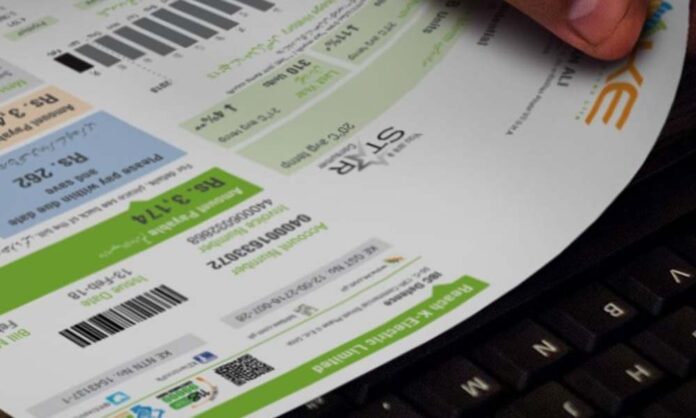In a move aimed at alleviating financial stress for power consumers, Prime Minister Shehbaz Sharif has directed an extension in the deadline for electricity bill payments by 10 days. This extension, effective for one month, will benefit consumers with their July bills, providing much-needed relief amidst concerns of inflated billing.
Implementation of the Extension
The Ministry of Energy, following the prime minister’s directive, instructed the Power Division to enforce this extension across all power distribution companies (DISCOs), including K-Electric. This means that if the original due date for the July bill was August 7, it has now been extended to August 17. Similarly, August bills will now be due by September 17, maintaining a consistent one-month interval.
The decision comes on the heels of widespread public complaints regarding high electricity bills. The Power Division acknowledged the prime minister’s timely intervention, emphasizing that the extension would offer significant relief to consumers grappling with economic pressures.

Nepra’s Investigation and Findings
Simultaneously, the National Electric Power Regulatory Authority (Nepra) has been actively investigating overbilling practices. Their report, covering the period from April to June 2024, revealed that all DISCOs, including K-Electric, were involved in excess billing. This prompted Nepra to seek explanations from these companies and issue corrective directives.
Nepra’s findings indicated that many consumers were billed based on readings lower than the actual units recorded. To address this, Nepra has instructed that customers who were overcharged from April to June 2024 should receive appropriate adjustments. For those who have not yet paid their bills, late payment surcharges (LPS) should not be applied. Additionally, consumers who already paid with LPS will also be adjusted.

To curb future occurrences of average billing, Nepra has mandated the immediate replacement of faulty meters. Moreover, all DISCOs, including K-Electric, must strictly adhere to the consumer services manual (CSM) for meter readings. Compliance reports on these directives are required within 30 days.
This proactive stance by Nepra is not new. Last year, similar issues of overbilling were reported during July and August. Due to billing errors, some users were incorrectly shifted from protected to non-protected tariff statuses, leading to higher charges. Nepra had intervened, directing the companies to ensure accurate billing based on actual meter readings.
Short term of Long term solution
The extension of the bill payment deadline is undoubtedly a quick fix. It alleviates immediate financial pressure on consumers, giving them more time to arrange funds and avoid late payment surcharges. This is particularly beneficial for households struggling with sudden spikes in their electricity bills due to overbilling practices. The directive shows the government’s responsiveness to public grievances, providing short-term financial relief and demonstrating empathy towards consumers’ struggles.
However, this measure does not address the root causes of the problem. Overbilling, faulty meters, and inefficient billing practices are systemic issues that require comprehensive and long-term strategies to resolve.
A long term solution involves upgrading the power distribution infrastructure to reduce technical losses and enhance efficiency is a long-term investment that can yield significant benefits. This includes modernizing the grid, reducing transmission losses, and ensuring consistent and reliable power supply.
Stay tuned to Brandsynario for latest news and updates.





































